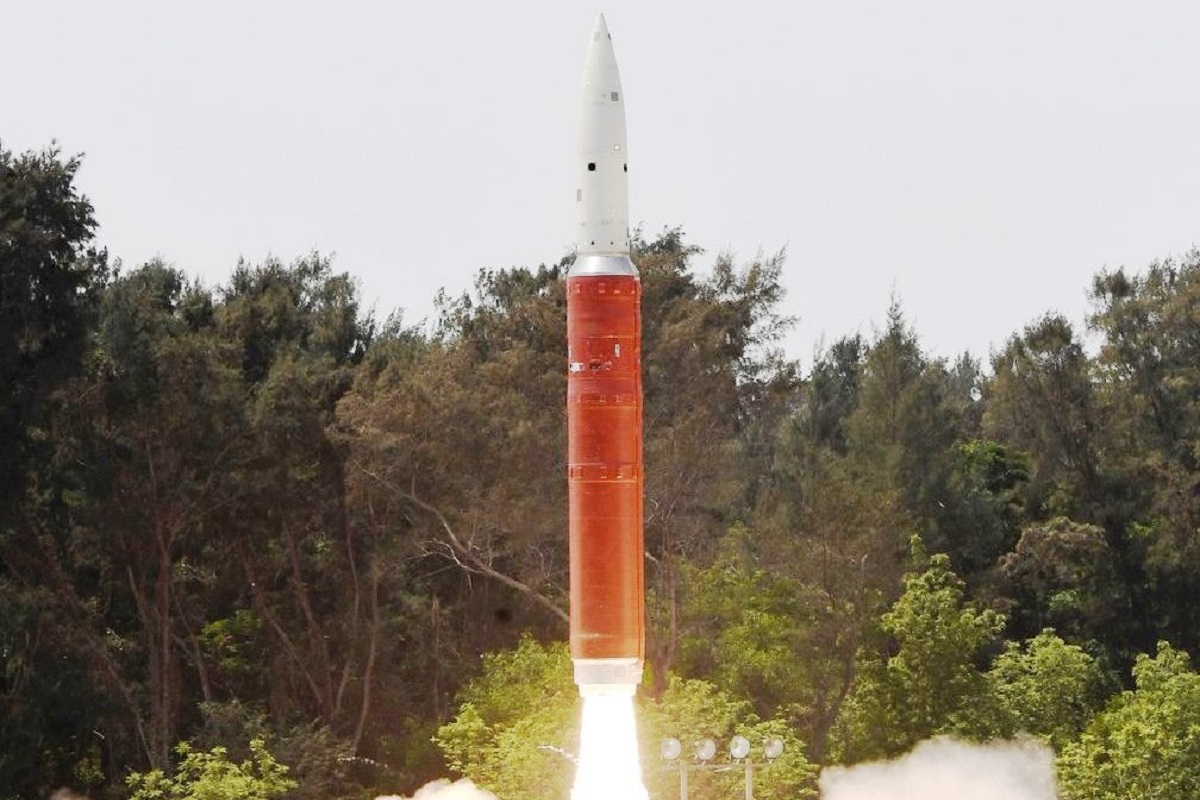Prominent American experts have said that India has a long way to go when it comes to ensuring space security after it successfully test-fired an anti-satellite missile by shooting down a live satellite.
The test made India the fourth country in the world after the US, Russia and China to acquire the strategic capability to shoot down enemy satellites.
Advertisement
Ashley J Tellis, a senior fellow at the Carnegie Endowment for International Peace who holds the Tata Chair for Strategic Affairs, said ever since China’s A-SAT missile test of 2007, India had been contemplating its own A-SAT test primarily to deter potential Chinese attacks on Indian space assets in the future.
That aim arguably has been satisfied today, but India still has a long way to go where ensuring space security is concerned.
“China has formidable counter space capabilities and Indian space systems are still highly vulnerable both in peacetime and in conflict. Yesterday’s A-SAT test does not alter this basic reality,” Tellis told PTI.
Vipin Narang, an associate professor of political science at the Massachusetts Institute of Technology, said that the test is unlikely to make any changes to the balance of power in the region. And as such it is more of a demonstration.
“If Pakistan starts hitting Indian satellites, India can knock out Pakistan’s very few satellites. China can knock out all of India’s satellites whereas India cannot do the same to China. So it’s kind of a weird balance for India if it’s interested in getting into the anti-satellite deterrence game (because) it doesn’t really have an advantage in either of its dyads,” Narang told Wired Magazine.
Daryl G Kimball of the Arms Control Association think-tank in a tweet described this as a dangerous and destabilising move.
“A dangerous & destabilizing move. Underscores need for a global A-SAT ban. US gov’t silence is deafening, given its negative reaction to China’s ”07 test,” he said.
Daniel Porras, Space Security Fellow at the United Nations Institute for Disarmament Research (UNIDIR), said that there is a need to have A-SAT guidelines, in particular about the debris.
“A strong Indian military is an important American interest and space is increasingly a contested arena for political-military competition,” Benjamin Schwartz from USIBC told PTI.











